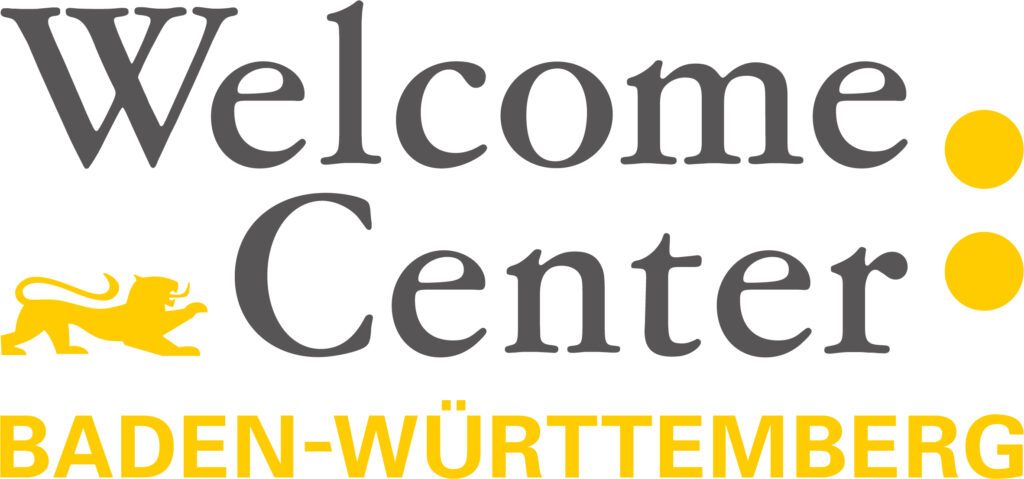Health
This section gives you an overview of the structures of the German healthcare system and health-related topics such as health insurance, health cards, visits to the doctor, hospitalization, emergencies and preventive care. The Karlsruhe TechnologyRegion (TRK) has a dense network of hospitals, doctors' surgeries and pharmacies. Many doctors speak foreign languages - especially English.
What sectors are there in the healthcare sector?
Germany is a welfare state, which means that medical care is a basic principle for everyone. There are two types of healthcare in Germany:
Outpatient care is the term used for all treatment services that are provided outside of clinics. This therefore excludes treatment in acute hospitals, specialist hospitals and rehabilitation clinics.
Inpatient care comprises the area of hospital care and the area of inpatient medical rehabilitation within the framework of statutory health insurance.
Health insurance
Costs for visits to the doctor, hospital stays, therapies, medication and other services can be very high in the event of illness. The health insurance system exists to ensure that everyone can afford adequate health care. Health insurance covers all or part of the treatment costs of insured persons. As an employee, you are covered by health insurance in any case - either as a member of statutory health insurance or private health insurance.
We support you in your search for a suitable health insurance company and ensure that you start your new life in the Karlsruhe TechnologyRegion well insured.
Statutory health insurance (GKV)
There are two options in statutory health insurance: compulsory insurance and voluntary insurance. The GKV also offers the option of co-insuring family members free of charge (family insurance).
Who is compulsorily insured?
- Employees, salaried employees and trainees who are employed for remuneration
- Recipients of unemployment benefit I and unemployment benefit II
- Farmers and their working family members
- Artists and media professionals
- Young people in special youth welfare facilities
- People with disabilities who work in recognized workshops, for example
- Students at state or state-recognized universities (until the end of the 14th semester, at the latest until the age of 30)
- Pension recipients and pension applicants if a certain pre-insurance period is fulfilled
- Persons without other health insurance cover, provided they are covered by statutory health insurance
Compulsory insurance means that you must become a member of a statutory health insurance fund and pay contributions. The contributions are based on certain income, such as salary or pension, and are up to the contribution assessment ceiling of 5.175 euros per month in 2024.
If you fall ill, your employer will continue to pay your salary for the first six weeks. If your illness lasts longer than six weeks, the health insurance fund will take over the payments.
What does statutory health insurance (SHI) cover?
- Outpatient medical treatment, for example in doctors' surgeries
- Dental care
- Medication and remedies or aids
- Inpatient stays and treatments, for example in hospitals
- Medically necessary rehabilitation measures
- Services for pregnant women and during childbirth
Family members are co-insured in the GKV. Spouses, registered partners and children (including foster children, stepchildren and grandchildren) of the insured person can be co-insured in the GKV without additional contributions if they meet the following conditions:
- They have their domicile or habitual residence in Germany.
- They are neither subject to compulsory insurance nor voluntarily insured (exception: recipients of unemployment benefit II or students up to a certain age limit).
- You are neither exempt from compulsory insurance nor exempt from insurance.
- You are not self-employed as your main occupation.
Sometimes children cannot be co-insured without paying contributions. This applies in particular if only one parent is insured in the statutory health insurance scheme and the income of the other parent is above the compulsory insurance threshold and is regularly higher than that of the parent with statutory health insurance.


